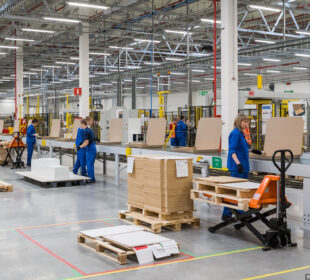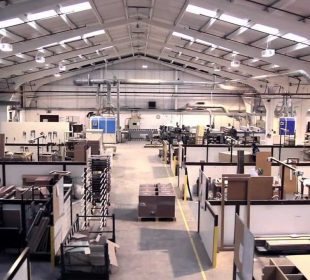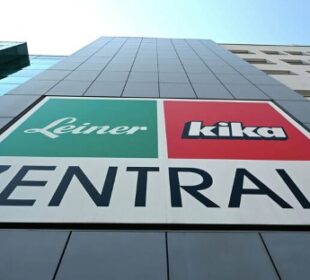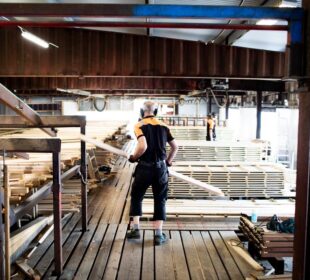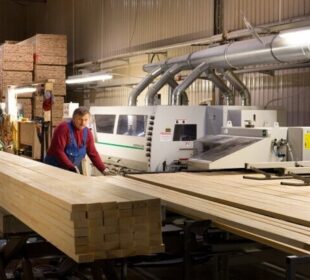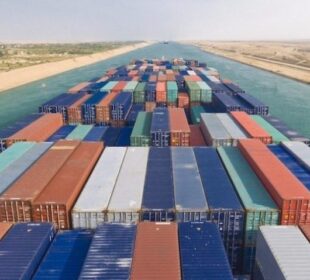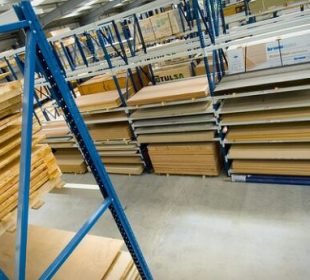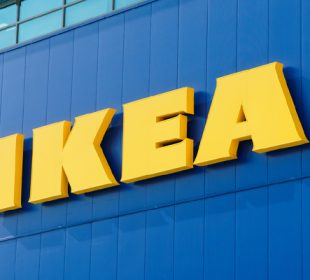IKEA makes global commitment to remove all single-use plastic products in the range by 2020, as part of a new sustainability strategy.
The company, which is a massive user of medium density fiberboard that can be used to make recycled products, has been experimenting with alternative forms of construction. For the consumers, Ikea’s classics such as the “Billy” bookcase, the “Poäng” chair and the “Ektorp” couch may look slightly different in the near future.
Taking up a “Three Roads Forward” strategy to guide them in the future means that IKEA will focus on how easy people can access their products, the effect those products have on the environment, and how affordable their products are.
IKEA hopes that by placing their focus on these three guidelines, the company not only becomes entirely “circular,” avoiding waste by making all of their products out of recycled materials, but “climate positive,” as well.
The company will have to review some of its current design practices, many of which make use of screws and other metal casings and hinges. Already embarking on the task, the company unveiled a furniture line last year that, on top of being able to be assembled 80% faster, uses a “click’” technology where the builder needs no screws or wrenches.
As a result, their furniture is a lot easier to move, and thus able to be kept longer. Not to mention, recycling will be effortless with no metal on wood parts. Also, it’s a great step forward for a company that consumes 1% of the world’s wood supply.
As these new design strategies are only part of the initiative, Ikea hopes to execute all nine of them by 2022.
On a broader scale, the company is aiming to cut down its carbon footprint by 80% across the board. They will be using their 2016 carbon footprint as the benchmark, and interestingly, it was in 2016 that Ikea announced that they had already cut their carbon footprint by half from where it was in 2010.
They also plan to work on improving the availability of affordable solar solutions by 2025 and bring down emissions for home deliveries to zero by the same year.


